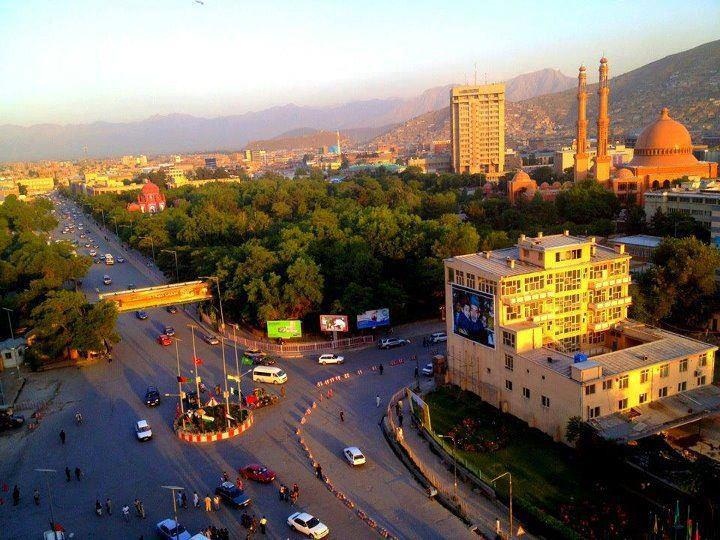Climate change is real, whether the government accepts it as a universal truth or turns a blind eye to the stark reality. It has and would have tremendous effects especially when it comes to the war against insurgency. How climate change is affecting the anti-terror operations can be judged from the surge in anti-state activities carried out by militant groups across the country. Last year, the country received little snowfall than expectations. Heavy snowfall prevents the Taliban, Haqqani Network, Daesh and other terrorist groups from climbing mountains and hills to seek shelter after attacking innocent civilians and security forces. It also restricts movements of the militant groups.
In winter the militants go into hibernation. They carry on-off attacks to send the message that they are not defeated. However, the period of relatively calm helps the government forces to replenish their supplies and plan another better counter-insurgency strategy—rare to see because the security policymakers also take rest when insurgents go underground. Perhaps, it is the reason that the law enforcement agencies could not bust the sleeping cells. Moreover, the policymakers do not plan on modern lines for the next stage of fighting. The unplugged loopholes in the security policies have resulted in heavy civilian and military casualties. Over 5,000 brave soldiers and policemen were killed in the past eight months.
The heavy casualties are not the outcome of surge in terror activities but providing the job of policymaking to those who are not fit for it. The so-called strategies are not paying due attention to the tangible and intangible elements when chalking out policies. The military tactics show the defensive mode. Despite having airpower and a sufficient strength of armed forces, the government failed to improve security situation. Insecurity will continue to gain foothold if the strategies did not go beyond traditional thinking.
It is believed that this year the militants would continue fighting the security forces—without any break. The reason is the rapidly changing climate which has caught little attention of public and the government. Heavy snow provides little area to the militants to operate. If the country receives little snow than the average it would pose serious security challenge. To come with alternatives, the high-ranking security officials and leaders in the power corridors must keep the climate change in view.
The government should prepare for the worst and can hope for the best. Timely measures can save lives of hundreds of people and break the backbone of militants. There is need for productive and aggressive policies to defeat the insurgents. However, civilian casualties must be avoided, whatsoever comes.
 Afghanistan Times
Afghanistan Times




